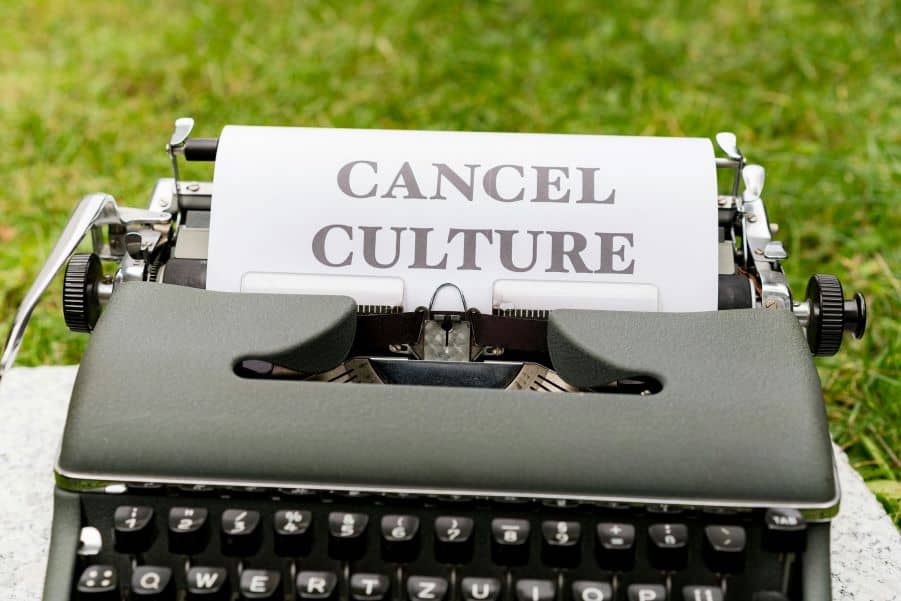When I was in school, I would get bullied. Often, it wasn’t the physical bullying that bothered me. Instead it was the idea that people were laughing at me behind my back. I would hear the gossip that was being spread about me and that would hurt the most. I’ve discussed before how rejection from a social group has a similar effect on the brain as physical pain. Such gossip indicated rejection and therefore, I became obsessed with the gossip about me.
The reality is as I’ve grown older, I know there is still plenty of gossip about me out there. I’m afraid to consider the reality that I’ve participated in gossip about others from time to time. The stereotypical example of gossip being particularly prevalent in small towns and villages in my experience makes quite a lot of sense however, recently, huge shifts in how we communicate in the world has meant that gossip has become more evident than ever before. The internet, social media and ease of mass communication has meant that we are more able to spread gossip than ever before. Gossip also has much more powerful implications than ever before. So, what makes people gossip? Why do we do it? What are its consequences? Most importantly, how can we handle it?
From the earliest times of civilisation, gossip has existed. Gossip is often described as idle talk about the personal or private affairs of others. It can be anything from a bit of fun to deadly and extremely dangerous to people’s lives. Gossip impacts our perception of others. It does not require scientific proof nor credible evidence. Instead, the proliferation of what we know as ‘fake news’ is made possible through it.
For the last few thousand years, we have understood that the more information we have about others, the more powerful we are. Therefore, our fascination with news about others stems from our needs to survive socially. We have developed this need to read other people and understand as much as we can about each other.
The consequences of gossip almost inevitably have an impact on a person’s reputation. Back in ancient tribes, it could have dire consequences for the person involved and it has always been the source of potential hardship for people over the years. Nowadays, however, it is easier than ever to create gossip about others and make it stick.
We established the court service so that we could bring people guilty of breaking the rules of our society to court for a trial. This trial was to use evidence to examine the truth of whether or not a person was guilty. If so, the court would also decide how they should be punished. Socially, the spreading of gossip can put a person up in front of a social media trial. What is sometimes known as shaming is when a person says or does something or when a person has been accused of doing or saying something and instantly the social media police jump on board the judgmental train.
The advantages to this are that some horrendous treatment of people has been brought to life and it can be a wonderful way to create awareness of examples of racism, sexism, abuse and extremist perspectives that cause people harm. Sadly, though, the disadvantages are that plenty of people find their lives ruined as a result of the mob mentality. Thousands of online bullies wait behind their keyboards to jump on the bandwagon and, with their own moral righteousness, attack the person who is found guilty by gossip rather than evidence.
So, what do we need to do? How can we handle gossip when we are the targets? The answer to the first question I believe is to hold ourselves back from the urge to participate. I know that the more I pay attention to the consequences of gossip the less I allow myself to participate in it. I recognise it more and more when it is happening and do my best to avoid that kind of interaction. In terms of how we can handle it, the reality is that all we can do is focus on being our real selves more of the time and let people see that side of us. When we act congruently and authentically, that will come across to others and let them see that any ‘idle talk’ they have heard about us is flawed.
It is not bad to be aware of what the rumours say, but remember that it is just a perception and those who let themselves believe it are not the kind of people that you really need to care about in terms of what they think. All you can do is let people see the sides of you that you can control. Obviously challenge when such a negative impact of your reputation can have consequences but do not allow it to occupy your time, mental or emotional energy. You lose when you allow gossip to draw you in. Gossip only thrives when people invest in it. Withdraw your energy and attention from it and it will cease to make such a negative impact.
When I was obsessed with the gossip about me in school, that was the problem. The gossip itself I could do little about. How much I allowed that gossip to dominate me was much worse. As you get more successful, more people know about you and more people are likely to gossip about you. Know that you can accept it and let it run its course. Meanwhile, you can just keep focusing on making your life and world as happy and successful as possible.





